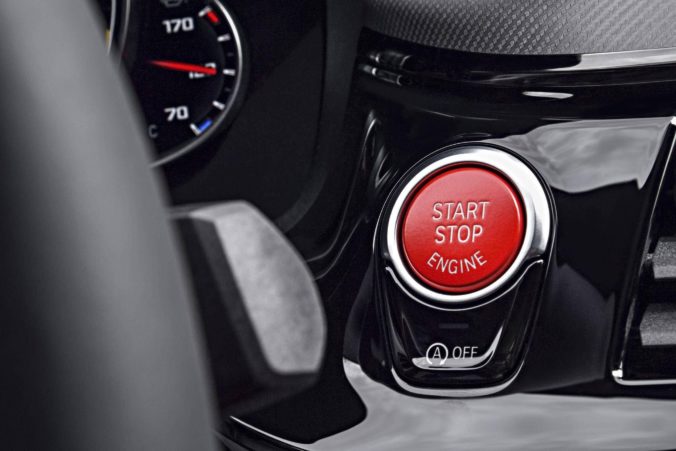Today’s cars can be technologically advanced. Navigation systems tell us how to get to our destinations. Awareness signals on the driver and front passenger mirrors warn us when there is a car in our blind spot, a back-up camera and beeping alarm help us park our car and stay away from others. Keyless entry means all we have to do is get near our cars to unlock the doors.
It’s the keyless part of new cars that one needs to be careful about as it can potentially cause a carbon monoxide hazard. Many cars these days, when stopped, become silent without actually turning off. If there is no reason to use a key to turn the car off, a driver may mistakenly exit the car, leaving it on. If that car is parked in a garage attached to a house, carbon monoxide may enter the home and potentially cause a hazardous situation to those within.
If you have a keyless ignition, make sure you turn your car off before leaving it in a closed garage.
Carbon monoxide is an odorless, colorless, tasteless gas that is toxic to humans and animals and could quickly lead to death if exposed in sufficient quantity.
In addition to running cars in closed, attached garages, sources for carbon monoxide in the home include furnaces, wood-burning stoves and fireplaces, and any appliance that uses fuel as a source, Properly venting and maintaining furnaces, stoves, fireplaces and appliances should limit exposure.
Every household should have a number of carbon monoxide detectors placed in strategic areas throughout the home.

Leave a Reply